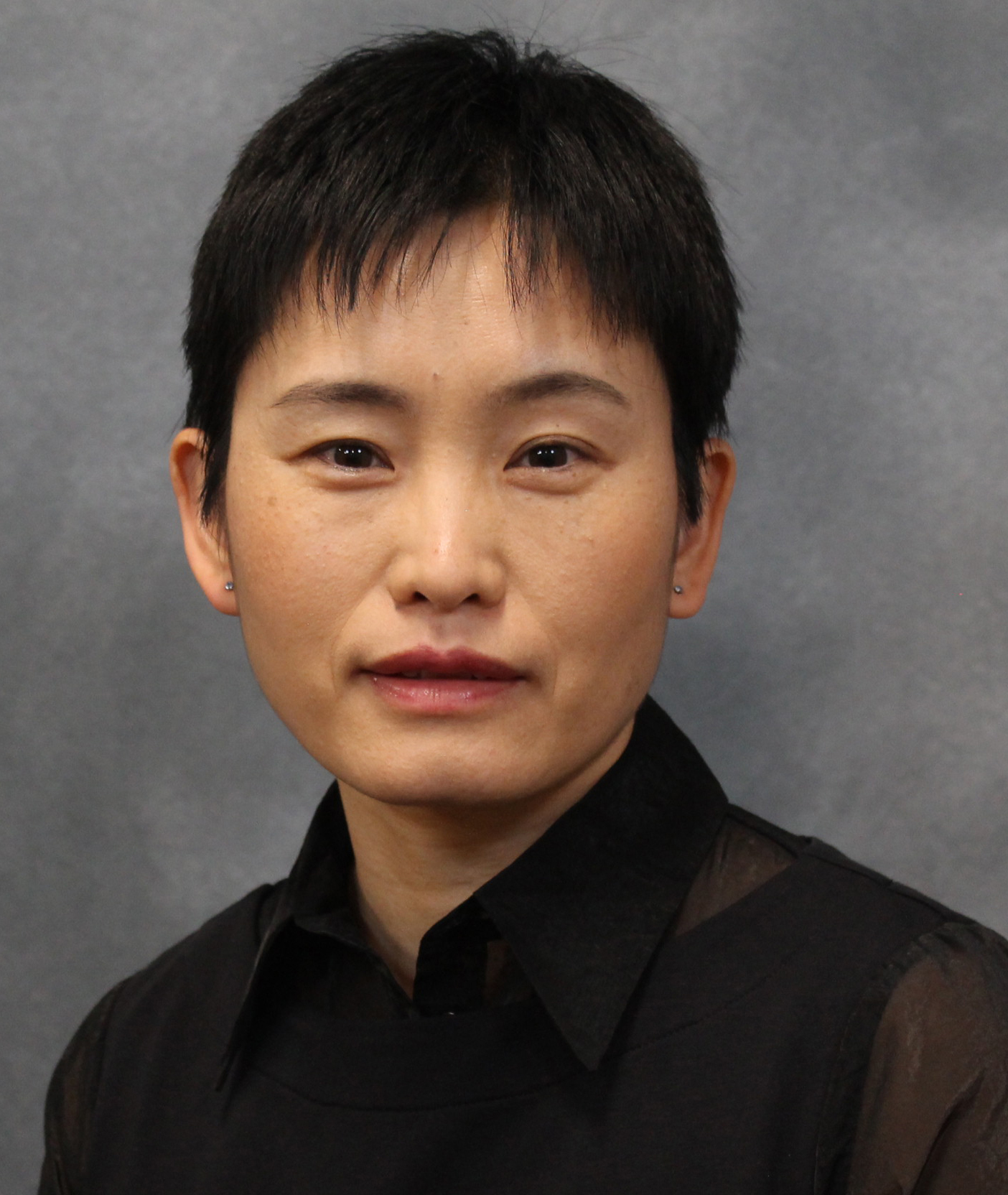
Jie Li
Assistant Professor

Jie Li
Assistant Professor
Academic Appointment(s)
Medical College of Georgia
Department of Pharmacology and Toxicology
Medical College of Georgia
Department of Medicine: Cardiology
Administration
Department of The Graduate School
Bio
Jie Li is currently Assistant Professor at the Vascular Biology Center. Her research interest is to understand how to prevent and treat heart failure.
- JIELI@augusta.edu
- (706) 721-9414
- (706) 721-9799
- CB 3717
- Personal Website
Education
-
Ph.D., Biomedical Sciences, General University of South Dakota, 2008
Awards & Honors
-
Junior faculty award, 1st place ACRE-APS Research Symposium, 2020
-
New Investigator Travel Award of the Basic Cardiovascular Sciences Conference American Heart Association, 2011
-
Poster Award of the Protein Quality Control Symposium University of South Dakota, 2011
-
University of South Dakota Graduate Research Grant University of South Dakota, 2005
Courses Taught Most Recent Academic Year
-
VBIO 8010
Methods in Cardiovascular Rese
-
VBIO 9300
Research in Vascular Bio
-
BIOM 8130
Scientific Grant Writing
-
VBIO 9210
Investigation of a Prob
-
VBIO 8020
New Frontiers in Vasc Bio
-
VBIO 9010
Seminar in Vascular Bio
Teaching Interests
Jie Li is dedicated to fostering the next generation of scientists in the classroom and laboratory setting and also involved in teaching graduate and medical students a number of different courses.
Scholarship
Selected Recent Publications
- A PRKN-independent mechanism regulating cardiac mitochondrial quality control., 2025
Journal Article, Academic Journal - Neddylation drives myofibrillogenesis in the developing heart., 2024
Journal Article, Academic Journal - Inhibition of cardiomyocyte neddylation impairs embryonic cardiac morphogenesis., 2024
Journal Article, Academic Journal - Ubiquitin Ligase RBX2/SAG Regulates Mitochondrial Ubiquitination and Mitophagy., 2024
Journal Article, Academic Journal - Emerging Roles of Cullin-RING Ubiquitin Ligases in Cardiac Development., 2024
Journal Article, Academic Journal
Research Interests
Maintenance of a functional proteome is integral to cardiomyocyte function and survival. Ubiquitin (Ub) and ubiquitin-like (Ubl) proteins are crucial regulators of protein quality and function through post-translational modification of their diverse substrates. To date, how Ub and Ubl-mediated PTMs control the function and survival of cardiomyocytes, or how dysregulation of such PTMs contributes to the development of cardiomyopathy and heart failure, remains poorly understood. My research aims to understand the molecular basis by which Ub and Ubls regulate the structure and function of cardiac muscle tissue, and ultimately to uncover novel therapeutic targets and strategies to prevent and treat cardiac disease.
Department Service
-
Ecocardiography machine staorage maintenace 2021 - Present
Role: Other
Professional Service
-
Fall AHA fellowship grant reviewer, Committee of Cardiology 2024 - 2024
Role: Reviewer
-
Fall AHA fellowship grant reviewer, Committee of Molecular Signaling 2022 - 2022
Role: Reviewer
-
Fall AHA fellowship grant reviewer, Committee of Signaling 1 2021 - 2021
Role: Reviewer